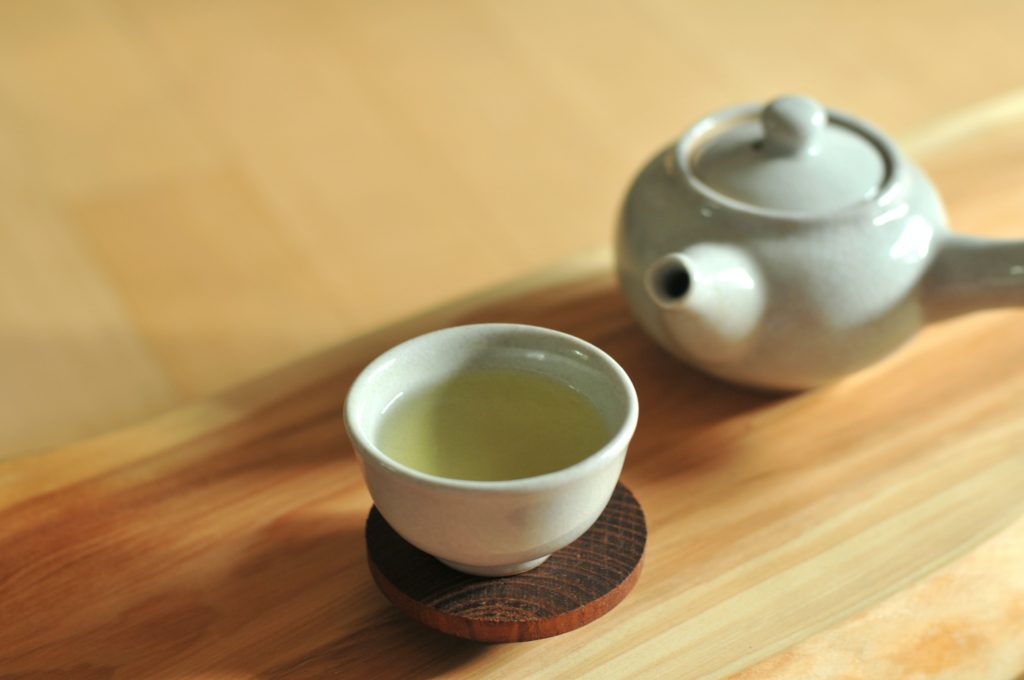Anti-Inflammatory Foods
by: Dr. Shivani Gupta
As a physician who has taken care of patients with autoimmune and anti-inflammatory disorders for over 10 years, I have increasingly incorporated diet modification as an essential tool in my treatment plans with patients. Many people are not aware, or more importantly have not been told, that changes in your diet may help reduce inflammation in your body. The typical western diet is increasingly full of processed foods, junk foods, refined sugars, and large quantities of meat. These can lead to a host of changes within your body including increased inflammation and risk for chronic diseases, as well as changes to your gut microbiome that can cause a ‘leaky gut’ and potentiate inflammation within the body.
In my recent blog post, I talked about dietary changes that can help reduce inflammation within your body. In this post, I discuss some specific foods you might want to include in your diet, and why.
Berries – they are packed with fiber, vitamins and minerals. They also contain antioxidants which have anti-inflammatory effects. Add to your morning oatmeal, eat as a snack, or blend into a smoothie!
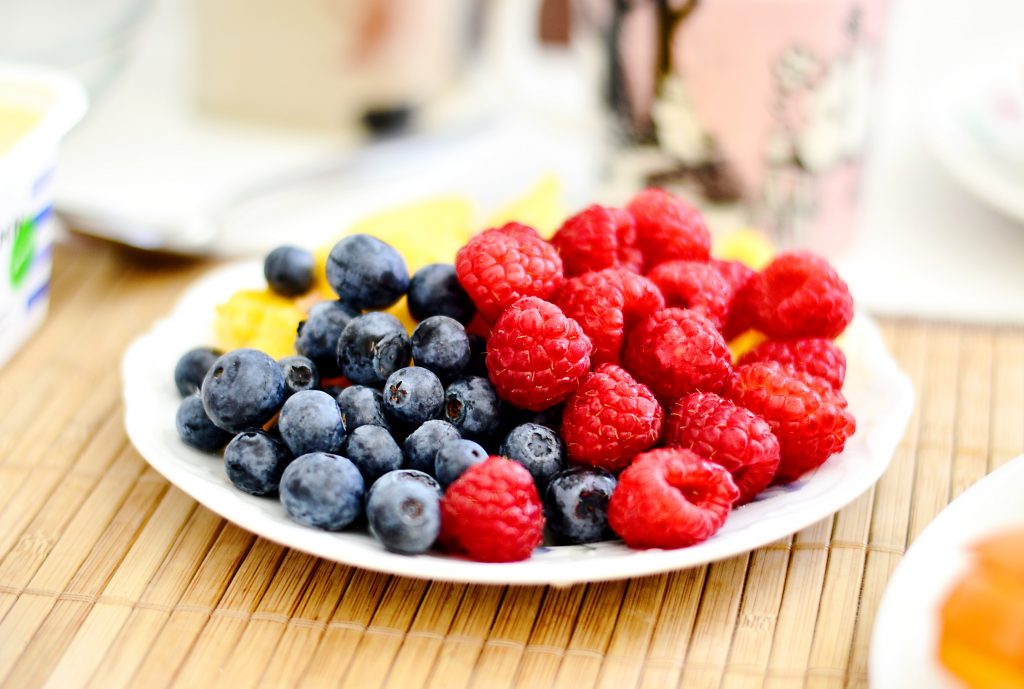
Avocado – full of healthy fats and fiber, avocados will keep you full while also boosting your mood due to its folate. Not to mention, they are full of antioxidants, vitamins and minerals! Don’t just save them for your avocado toast – you can add to salads and bowls to boost the nutritional value, and even blend into smoothies for a more creamy texture!
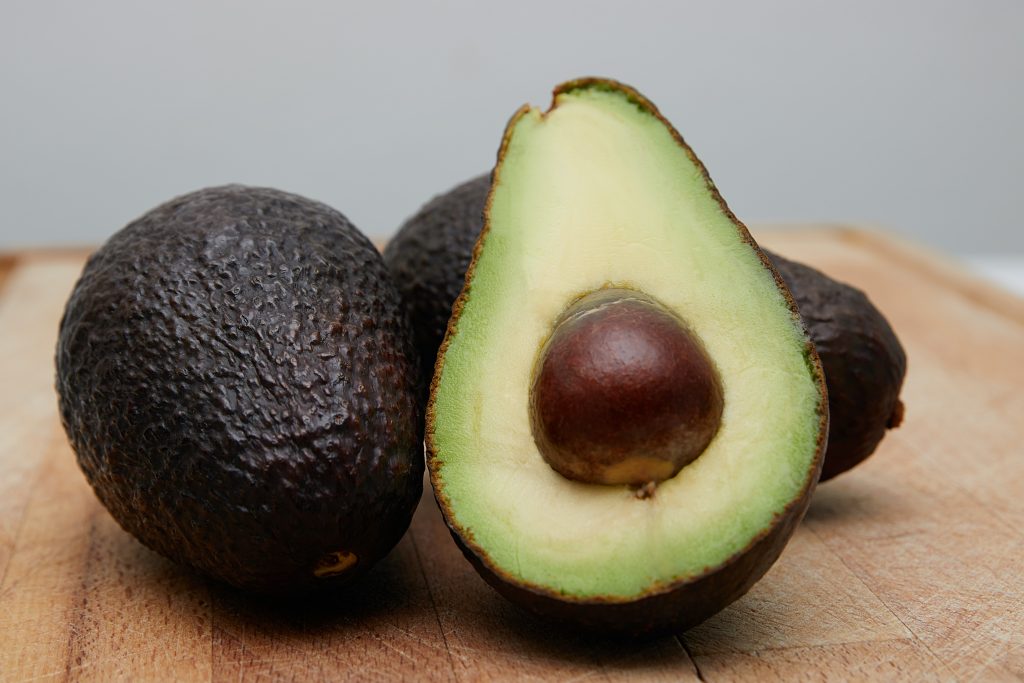
Broccoli – contains multiple antioxidants that support your immune system. It’s also full of vitamins, minerals, and other bioactive compounds that support your health. There are so many ways to enjoy broccoli – raw, steamed, stir fried, or blended into soups!
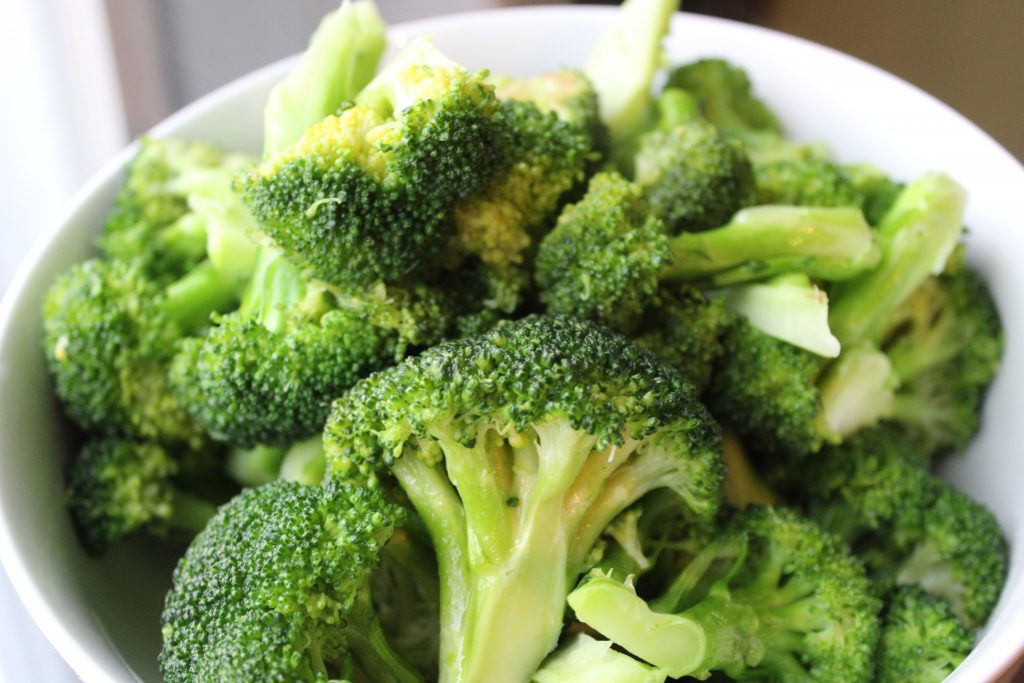
Mushrooms – mushrooms may be low in calories, but they are dense in micro and macronutrients as well as antioxidants that support your immune system. They are also prebiotics, which mean they support the healthy bacteria in your gut. The best part is there are so many any types of mushrooms, each with their own unique flavor and texture profile. Use them to substitute for meat by making mushroom bolognese, mushroom carnitas, and portobello mushroom burgers. The possibilities are endless when it comes to these little fungi!
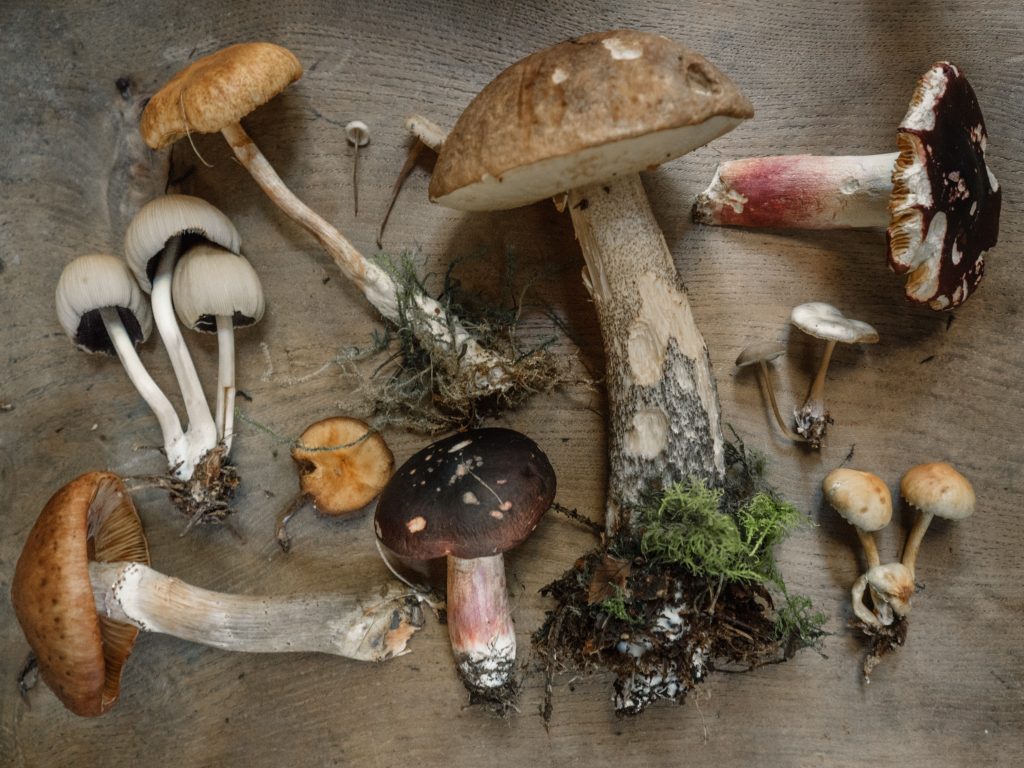
Turmeric – turmeric has been used for centuries in certain parts of the world to flavor and color food, as well as for its healing properties. The active compound in turmeric, curcumin, has powerful anti-inflammatory and antioxidant effects. In recent years, it has been popularized as an ingredient in the trendy ‘golden lattes’ and added to wellness shots you find at healthy cafes. You can easily add to milk to create a calming bedtime drink without caffeine – just be sure to add black pepper as this improves absorption.
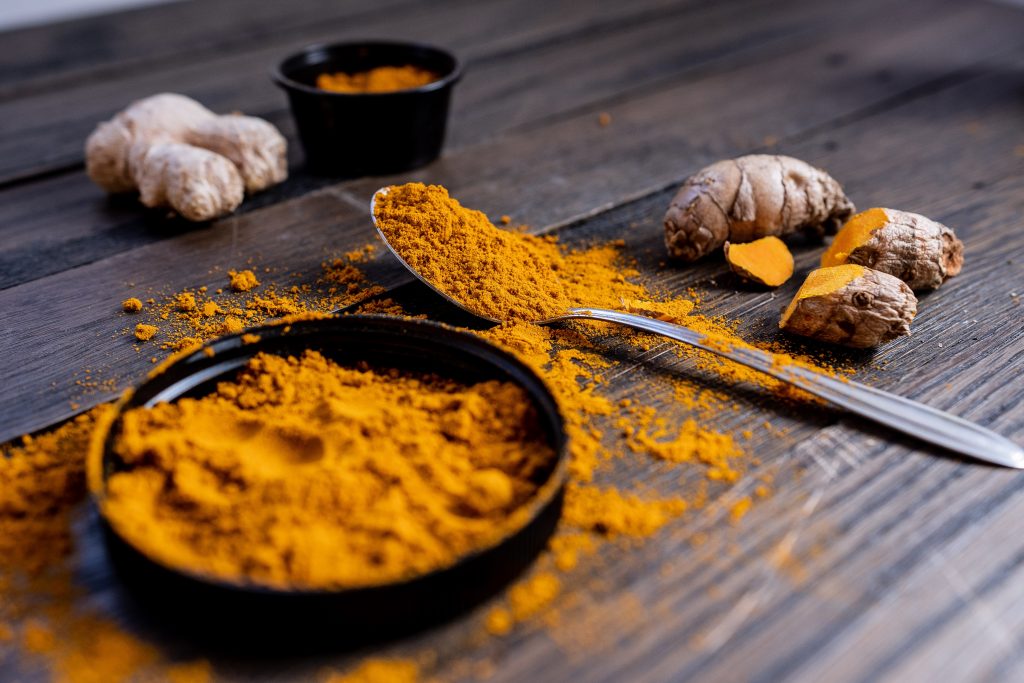
Dark chocolate – chocolate doesn’t have to be a guilty pleasure – it’s actually good for you in certain forms! Dark chocolate that has high levels of cacao, is high in antioxidants and loaded with minerals.
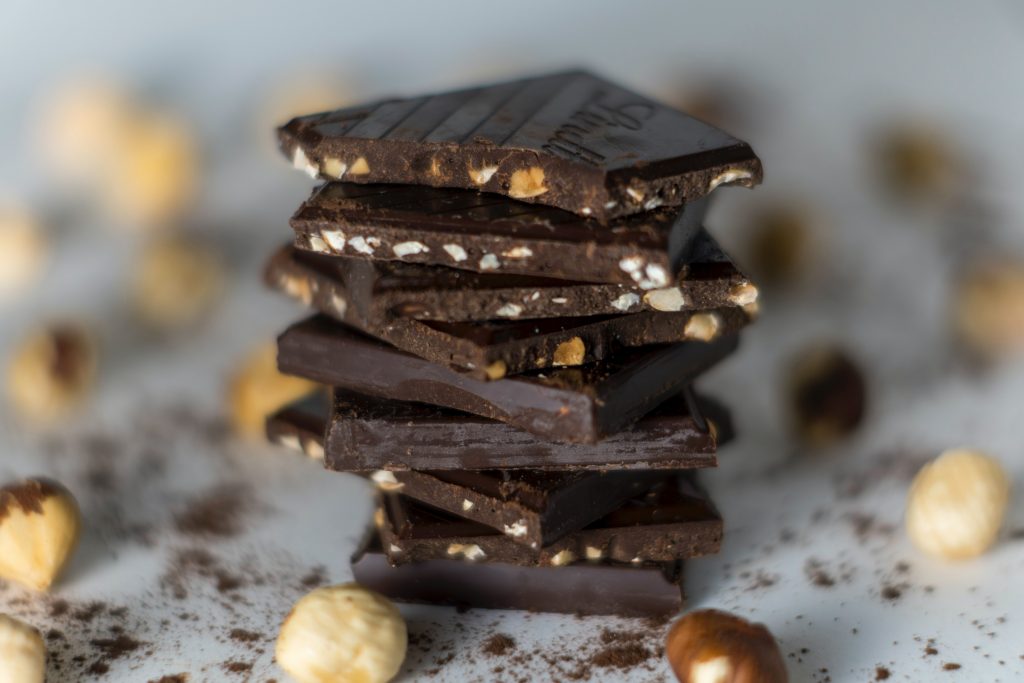
Green tea – one of the healthiest drinks you can drink and loaded with antioxidants. Green tea is rich in polyphenols, which helps reduce inflammation. Its major component is epigallocatechin-3-gallate (EGCG), which has been shown to have anti-inflammatory effects. Plus, it improves brain health and help prevent cardiovascular disease!
